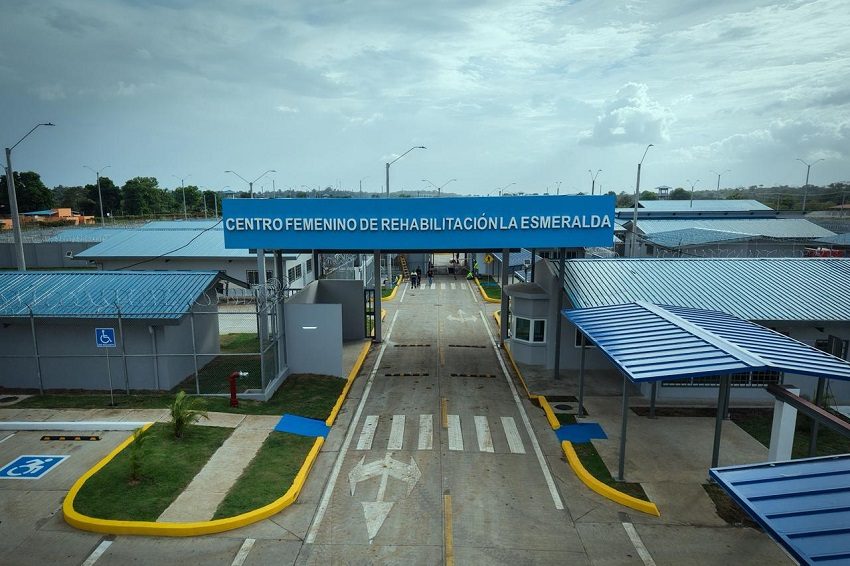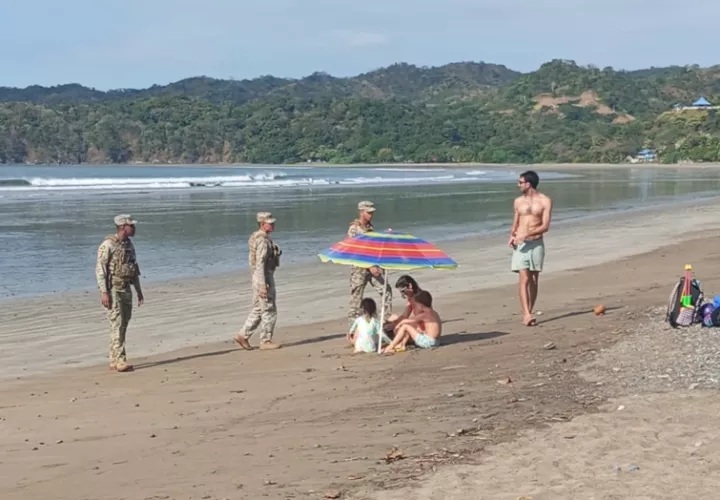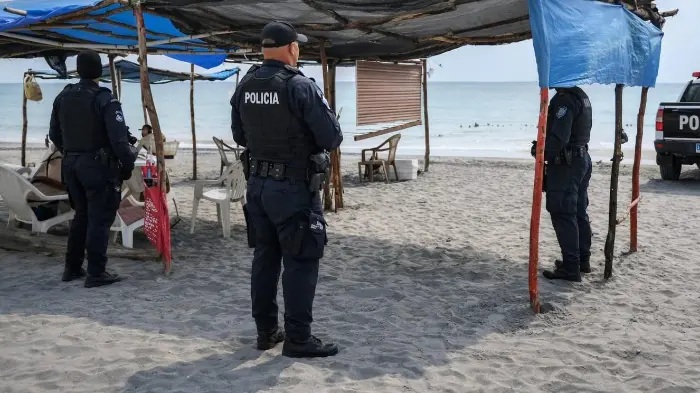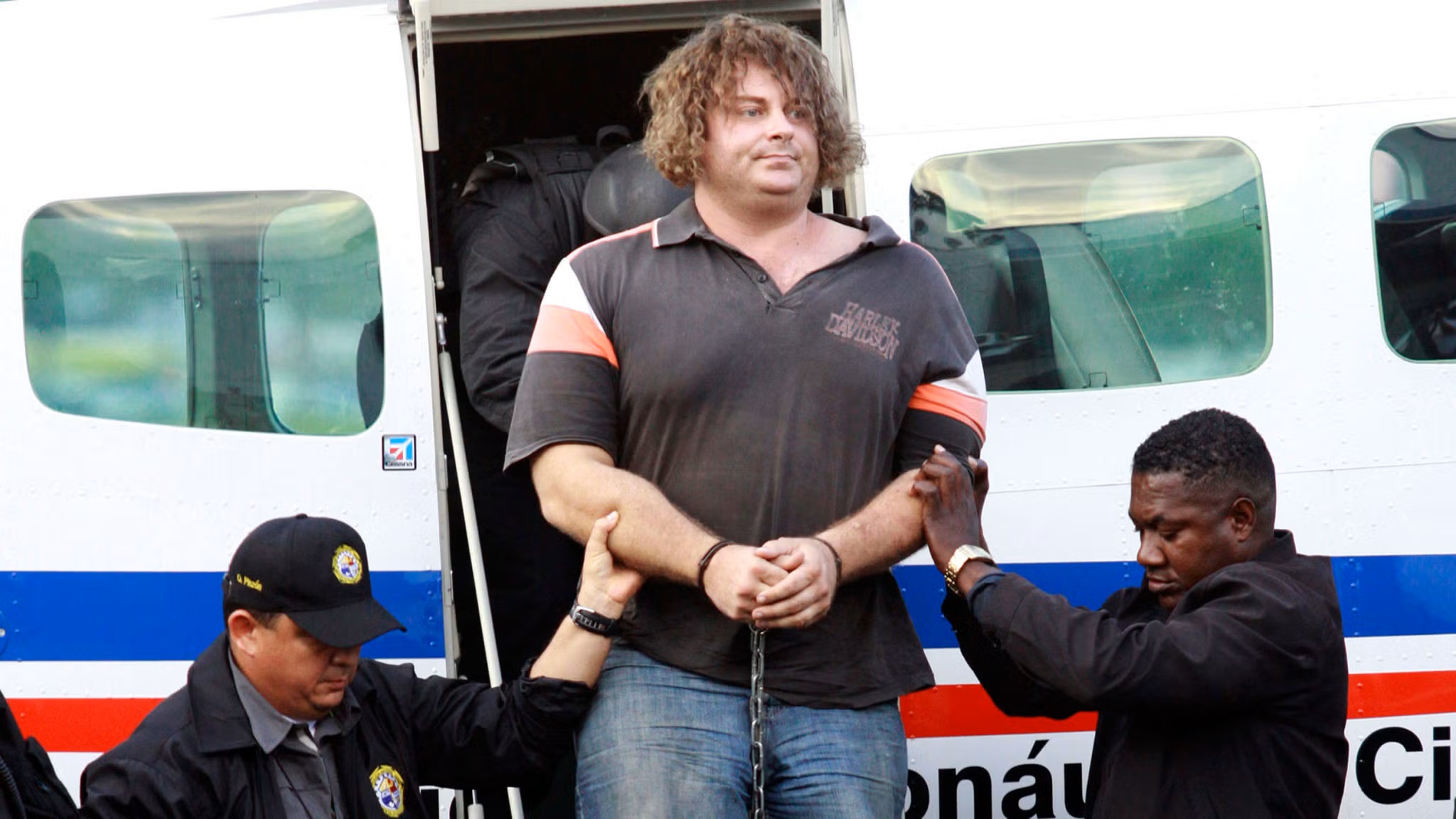Martinelli extradition hearing adjourned

EX-PANAMA PRESIDENT Ricardo Martinelli (2009-2014) dressed in a prison jump suit and wearing leg irons and handcuffs shuffled into a Miami Court room on Thursday, Aug. 3 to listen to lawyers argue before a Federal judge over a Panama Supreme Court request for his extradition to face political espionage charges.
 At the end of the hearing, he was returned to the cell he shares with a Haitian detainee.
At the end of the hearing, he was returned to the cell he shares with a Haitian detainee.
His lawyers argued that The United States cannot legally return him claiming flimsy evidence and flaws in an extradition treaty.
They said key parts of a bilateral extradition treaty went into effect in July 2014, after the alleged criminal conduct happened, and cannot be applied retroactively. They also said evidence of related embezzlement charges is too weak to justify sending him home.
U.S. Magistrate Judge Edwin Torres did not immediately rule and set another hearing for Aug. 22. Martinell has been imprisoned since June 12.
He is accused in Panama of illegally monitoring phone conversations and other communications of at least 150 people with an extensive surveillance system he obtained from an Israeli company using public funds.
His alleged targets included business and political rivals, union activists, journalists, even his mistress.
The embezzlement charges involve more than $13 million in public funds used to set up the illegal system.
Martinelli is seeking political asylum in the U.S. where he has lived for two years in a Coral Gables $8.2 million mansion.
His lawyers have asked the U.S. Supreme Court to order his release on bail. But the first judge to vote on the application has given it the thumbs down.
Much of Thursday’s argument focused on whether Panama’s extradition treaty with the U.S. could be applied to charges involving the secret surveillance system, which was operating from 2012 to early 2014. A treaty update involving various cyber crimes took effect July 1, the day after Martinelli left office, and the original 1904 treaty between the two nations specifically ruled out a retroactive application to extradite someone for a crime reports the Miami Herald.
Jimenez said that Martinelli, therefore, can’t be sent home. “This is a supplemental treaty. It can’t be retroactively applied,” he said.
Assistant U.S. Attorney Adam Fels, said the State Department’s position is that the treaty update must be considered retroactive unless its current language rules that out, which it does not.
“The court has to defer to the State Department reading of this treaty,” Fels said.
Dual merit
Judge Torres said he sees merit in both arguments.
“They both make sense to me,”It’s not an insignificant issue I can gloss over.”
Jimenez said the embezzlement allegation was added in Panama in case the treaty issue became an obstacle since embezzlement is a listed extraditable offense in the original 1904 pact.
“It’s a tacked-on, trumped-up, manufactured charge,” Jimenez said.
Fels countered that the proof is ample and could result in a conviction if the same case were brought in a U.S. court. “He was behind this whole thing,” he said.
The Martinelli hearing was held across the street from the courthouse where, Manuel Noriega, was tried and convicted of drug trafficking after the 1989 U.S. invasion of Panama says the Miami Herald Noriega served his sentence in a prison south of Miami and died in May in Panama after being in an induced coma following brain surgery.





